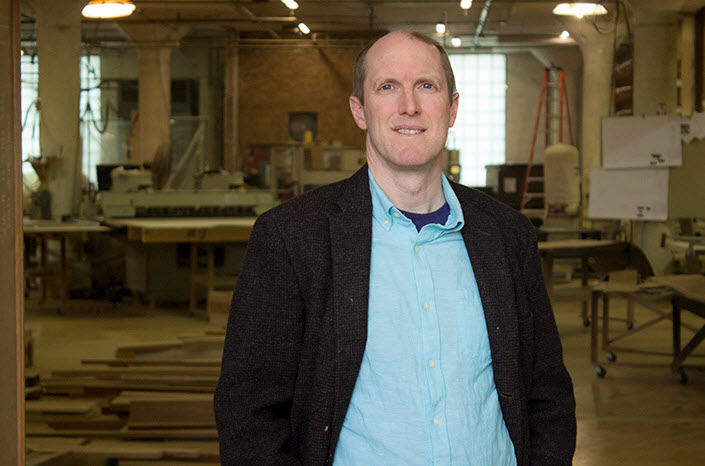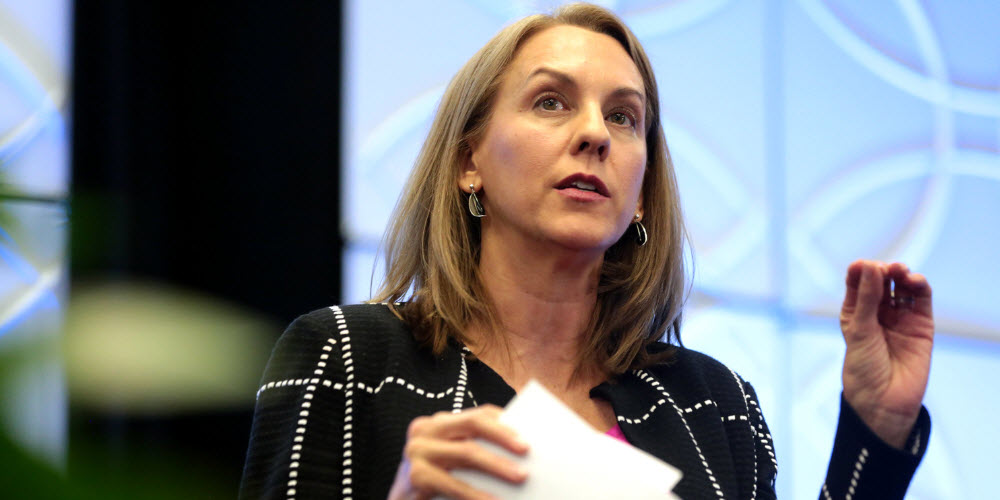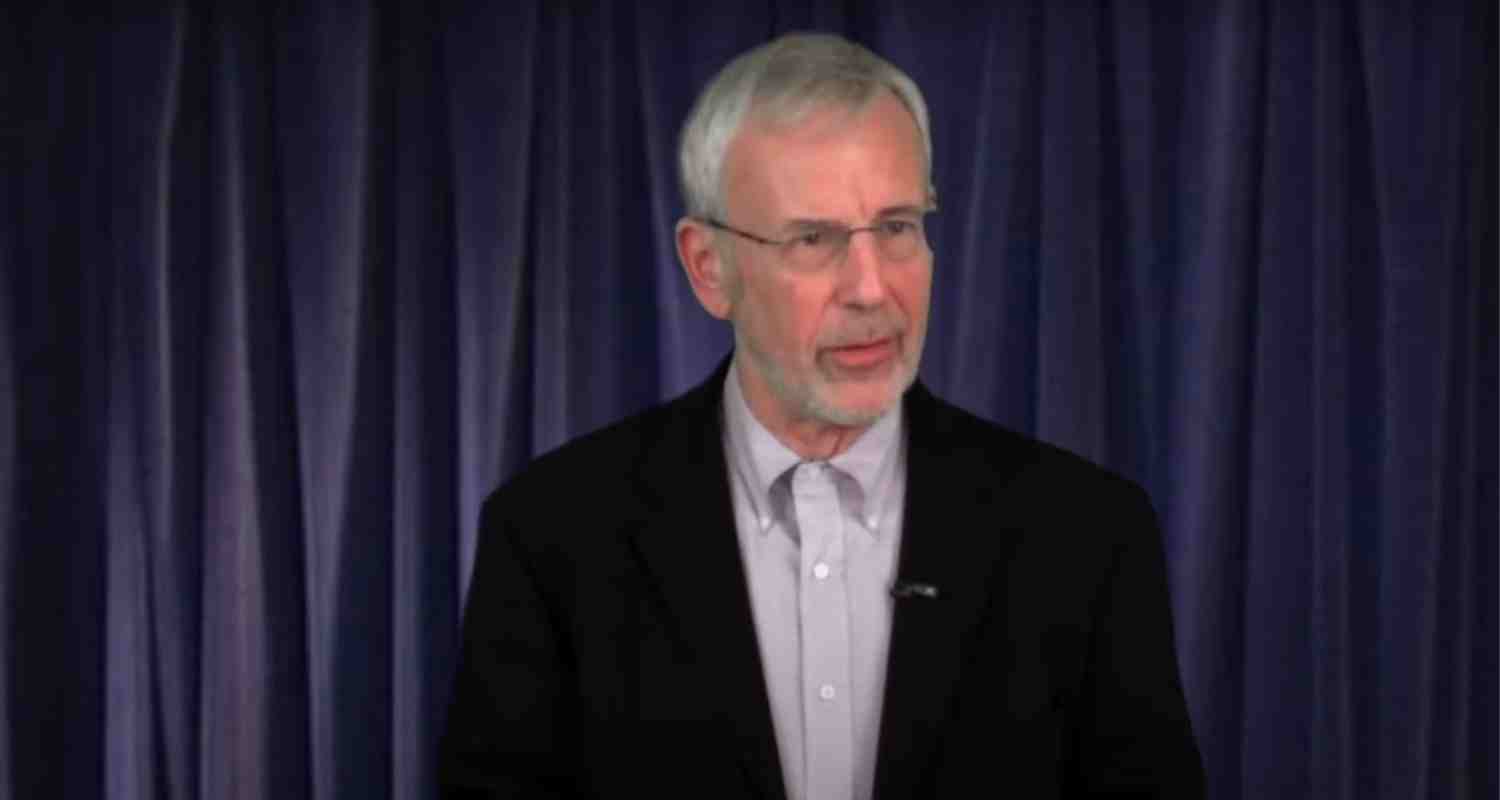Some of my favorite books by business founders include Boss Life by Paul Downs, Anything You Want by Derek Sivers, and Wild Company by the Zieglers. What it Takes by Raegan Moya-Jones, the gritty and successful co-founder of aden + anais is also high on my list. Her book includes many of the typical hurdles we’d expect in a startup story. But few tackle the weighty subject of pioneering women building a global brand in a male-dominated space as Raegan did.
Episode Highlights
- Reflections on building a $100 brand and a new category
- Mark’s shoutout to Markos
- A brief reeducation on muslin blankets
- Running on adrenaline while working full-time at The Economist and running a startup
- The four-year ride from $1 to $55 million
- Realizing when the business was going to be a success
- The MBA material in chapters 6 and 7
- The Target strategy, but saying ‘no’ to Walmart
- “Not all growth is good growth.”
- The perils of going into business with a best friend
- The strong partnership and shared vision of Seidler Equity Partners
- The failures of PEG number two
- Raegan’s advice for women entrepreneurs
- Mark’s suggestion – finding a Katharine Graham-like mentor
- The people Raegan would most like to interview
- The new-new gig
I wrote this book for all the women who were told they can’t by people who knew they could.
Raegan Moya-Jones
Of the hundreds of startup books by founders on the market, this is one of my favorites. While Raegan Moya-Jones was able to build a brand-new category in the states under impossible odds, I wish there could have been a happier ending.
Selected Entrepreneurial Insights from What It Takes
I worked harder as an entrepreneur, particularly when I was still working my full-time job at The Economist, than I ever did as a salaried employee. But I was OK with that; I wanted to build a $100 million company.
It is your hard work and commitment to your idea that will determine your success, not your pedigree.
MBA programs focus on technical skills and strategy, as opposed to the soft skills and execution that entrepreneurs need to lead their companies through the inevitable sticky situations of day-to-day business.
“Develop skin as tough as a rhinoceros hide,” Eleanor Roosevelt once said about female leaders. I take this to mean not to be less sensitive, but as a reminder not to let rejection dictate how we feel about ourselves; to keep failure from meaning that we as people are failures.
Access to capital or, more accurately, lack of access to capital, was the single biggest hurdle in the journey to build aden + anais.
When I started hiring people, I looked primarily for five traits: the willingness to work hard, intelligence, humility, kindness, and a sense of humor. People with those traits can accomplish anything.
Measured growth was our strategy from the beginning and we didn’t waver.
Over three years of working with the Seidlers, they became like brothers to me.
Bookclub Starter Questions
I see absolutely no reason why this book could not serve as case study material for any MBA program. Additionally, this is a great title for a small book club at the office. Accordingly, below are some ideas and questions to consider to jumpstart a group discussion.
1. Managing Two Jobs
Raegan was working a full-time job while running her business at night. If you were starting a business, would you do the same thing? At what point do you make the leap to working in the new business full-time?
2. Women Business Owners
Raegan cites several sources revealing that women are far behind their male counterparts in the startup space. Over the next ten years, what has to happen for those numbers to change (refer to the introduction and Chapter 6 for these statistics)?
3. Entrepreneurship and Family
I’ve read many books by startup founders. My unofficial count with these entrepreneurs is that half of the marriages do not survive the emotional tolls placed on both spouses, where the business is prioritized over relationships. Why do you think Raegan’s family stayed unified throughout her journey?
… marrying Markos was the best decision I ever made. He is the love of my life, and an incredibly supportive partner. He is an exceptional father to our four daughters. He is, however, just like me, far from perfect.
Chapter 8, page 124
If this topic intrigues you, two of the best books I’ve read where the founders are transparent with their family lives are Boss Life by Paul Downs and Let It Go by Stephanie Shirley.
4. The Cash Vampire Business Model
The first $30,000 order sold out in 90 days. Yet, Raegan’s business would be hungering and thirsting for cash to feed the buy-sell-buy-sell beast. What would your operational and financial model look like if you were the director of FP&A at the outset of Raegan’s business? Even though you do not know everything, create a 12-month P&L, balance sheets, and cash flows. Your model should show that cash is negative monthly as all profits are rolled into future purchases. Assume you are showing your results to the author. How do you tell the story with these numbers?
5. For the Love of Accounting
After Raegan bought out her business partner, she learned that the QuickBooks file was a trainwreck. What advice would you give to every business founder about the need for strong accounting governance, even in the beginning stages?
I discovered that our books were a mess. Tons of people owed us money.
Chapter 6, page 115
6. A Tale of Two PEGS
Raegan uses the terms brothers and mentors to describe her first relationship with a private equity firm. Click here if you want to learn more about Seidler Equity Partners. The next experience was dismal, to put it kindly, and it led her to her departure from the organization she had built from scratch. Raegan admits deal fatigue drove the decision to say ‘yes’ to SPC. What is your advice to startup founders considering selling to a private equity firm?
Never sell the controlling interest in your business if you still passionately care about it.
Chapter 13, page 213
7. MBA Themes
Raegan never earned an MBA in a formal university setting. Yet, she gained five or six informally in the ‘real’ world. Below are three topics every MBA student should study in the field and learn first-hand from a founder.
ONE
My favorite blogger is Fred Wilson at AVC, where he writes clearly in an easy-to-understand language without dumbing down his audience. Yet, Raegan gets the prize for explaining the venture capital fundraising rounds in the simplest form I’ve ever read. Refer to page 173 and be prepared to explain the three rounds to another person who will solidify your understanding in this area of startup finance.
TWO
You cannot learn about culture from reading a book. Yet, the author says, “Hiring a good team and creating a healthy, enjoyable culture is hard work.” Be prepared to discuss three to five guiding principles for creating and maintaining a unified organization that’s rowing in the direction at the cadence established by the leader. What grade would you give Raegan in this area?
THREE
Scaling fast or measured growth, what path would you choose and why? Refer to pages 160-165 of the Walmart story for guidance.
Q&A With the Host
Editorial Staff: On the show, you mentioned you loved this book. You especially like books by startup founders. Why?
Mark: That requires a long answer, but I’ll try my best to keep it short. I used to be a business consultant snob. Maybe that’s an exaggeration, but I left a company that had its own in-house legal team. Our payroll department would have put today’s Paycor to shame. We had an in-house department for tax, risk management, travel (we had three planes), and even our very own office designer. I suppose I expected every business to have access to these resources. How naive.
When I started working with smaller businesses, I didn’t get it. I couldn’t relate very well to their small business issues. The brilliant copywriter Robert Collier states, “Always enter the conversation already taking place in the customer’s mind.” I wasn’t doing that for the first couple of years in my consulting work.
Dan Sullivan and the Strategic Coach gave me the right tools to fix my mindset, but it was a few books afterward that solidified their teachings on two of my favorite frameworks Dan innovated.
Several books by business founders have led to much deeper and more meaningful relationships with the CEOs and other leaders I serve. My favorite books by founders don’t hold back. Readers learn the emotional toll they are taking by the up-and-down nature of the beast they created. My favorites address family life, cash flow hardships, difficult and challenging employees, and a few other topics that are escaping my mind right now.
Thanks to the honesty of these writers, I can better apply Collier’s message by continuing the conversation in the mind of my client, who is dealing with fears and frustrations daily.
Editorial Staff: Can you share some other books by founders you like?
Mark: If I were being interviewed on a podcast, I’d be stalling because my list is too long. Accordingly, recency bias will influence my answer, and I’m going to keep my list to just five books.
I loved Boss Life by Paul Downs. By the way, he’s been on our show, and he’s the guy I’d love to have as a brother–that tells you how much I think of him. In a way, this book doesn’t belong because it’s not a memoir or autobiography. Instead, it’s the life of a CEO/founder over the course of one year. After I read it, my thinking was, “This is the book I needed when I started consulting.” Like Raegan’s book, Paul is transparent with life at home as he has a grown child with special needs. I was emotionally engaged with the stories he shared about his son with autism. Plus, it’s great small business case study material.
In another practice I own but don’t promote, I counsel other independent CFOs who are trying to grow a private consulting practice. We have a required reading list of simple books. One of those titles is, Anything You Like by Derek Sivers. I’ve even lost count of how many times I’ve read and listened to that short book. Again, books like Derek’s help people like me to apply that Robert Collier quote.
I read Wild Company the same year I read Raegan’s. It’s fresh in my mind because I recently reread it. The authors are the founders of Banana Republic, and their story also reads like fiction at times. They are authentic, honest, but also business savvy in the way they built their brand. Their ending shares some similarities with Raegan’s story too.
There is no way I cannot mention one of my favorites, and it’s the first title I read in this niche genre, CEO: Building a $400 Million Company from the Ground Up. Each chapter is short, so it reads fast. The author would disagree with me, but I sensed her startup had a big company feel to it from day one. So far, she’s the only founder I’ve encountered who created an informal advisory team near the outset of her business. Smart decision on her part.
The last book is not that old, Let It Go: My Extraordinary Story – From Refugee to Entrepreneur to Philanthropist. I’ll let you do your own search for this remarkable book. Stephanie ‘Steve’ Shirley’s book has a Katherine Graham feel to it, which is the best compliment I can give to this amazing woman. If you are a woman entrepreneur, read Raegan’s and Steve’s books. You’ll leave those books feeling inspired, empowered, and more confident in your journey, both at home and in the marketplace.
Editorial Staff: You were on cloud nine when learned Raegan’s communications director agreed to the interview. Care to share more?
Mark: Again, this is great writing. I have three small framed posters on my wall. Each one has the words pathos, logos, and ethos. Raegan hits all three with a type of written word that flows. For a person to get to chat with an author of a book they love, well, that means a lot.
I’ll add one more thing while I’m at it. In order not to embarrass Reagan, I’m going to mention Ron Baker, Paul Downs (again), Liz Wiseman, Amy Bruske, and Katherine Gehl. Maybe you don’t know all of these names, but they possess a large space in my mind. They were some of the first people I interviewed. Yet, they didn’t know me from Adam.
And here’s what I’ll never forget about those first interviews. I was worried I was stealing their time. They didn’t tell me this, but their non-verbals were telling me to slow down and chill out. Liz (in my opinion) is famous in the business world. She wanted to know more about me before we hit record. She stayed on the call for another 20 minutes, talking more about books and business after the interview. Ditto for Ron, Paul, Amy, and Katherine. If I had to name one attribute that defines each of these special people, I’d have to say ‘kindness’ by a mile.
That’s how I’d define Raegan, too–a kind mind and kind heart.
Editorial Staff: Who should read this book?
Mark: I could be a smart aleck and say, everyone. But let me provide a better answer.
You probably know who I’ll say, but let’s start with any woman entrepreneur. I’d even include women in leadership positions in the W-2 world. For instance, I’m a huge fan of Bola Williams-Olley, whom I’ve interviewed. Anyone following a career path similar to Bola’s would love this book.
Any consultant working with business owners will gain valuable insights into the mind of a startup owner. Remember the RoberTCollier comment above? Books like Raegan’s help us in walking in another person’s shoes.
I have not verified this, but I thought I heard Wade Myers mention that Kurtzig’s book I mentioned above was once included in the Havard Business School as one of their MBA case studies years ago. Similarly, I believe this is great case study material for business students and young business managers.
I’ll also add that any entrepreneur would gain insights and inspiration from this book. For busy people on the go, the audiobook is great too.
Editorial Staff: You gave Raegan some feedback had you been on her advisory board. We didn’t know about that question in advance. Where did that come from?
Mark: I love a great TV series. I don’t get to watch many. During the COVID lockdown, like millions stuck in their homes, my wife and I probably watched more Netflix content than we should have. We binged on the five seasons of Friday Night Lights.
Whether it’s a great novel or an absorbing TV series, the best drag us in so much so that we become a character ourselves in the stories being played out.
In Raegan’s book, I played the role that did not exist, the greybeard that she did not have. Actually, I didn’t know that while I read it; rather, I assumed it. She confirmed my suspicion in the interview.
You are referring to my Katherine Graham comment, aren’t you? Had I been a real character in Raegan’s book, I would have said, “We need to get you an extremely strong-minded Katherine Graham in your life who will keep you grounded and always speak the truth.”
Raegan is a leader with a wisdom that I don’t see in many people. She didn’t just survive her aden + anais journey; she thrived and grew from this experience. One might think she was her own best mentor and achieved success without one. Perhaps. But what if she had one?
A mentor cannot carry your burden, but they can carry you when you most need it. That’s why I’m a believer in these relationships. For every mountaintop experience a founder achieves, there are two to three valleys of despair and discouragement that they encounter. Better to walk those valleys with a friend than do it alone.
This book has a special and strong message for women. That’s why my message is strong for every woman in business to have a person like Katherine Graham in their corner. Believe me, they exist, but you may need to exert some effort to find that person.
Important Links
Books Mentioned
- The Method Method: Seven Obsessions That Helped Our Scrappy Start-up Turn an Industry Upside Down
- Delivering Happiness: A Path to Profits, Passion, and Purpose
- Becoming Supernatural
- The Seat of Soul
- The Power of Now
- Think and Grow Rich
- The Seven Husbands of Evelyn Hugo: A Novel
Episode Pairings





Leave a Reply